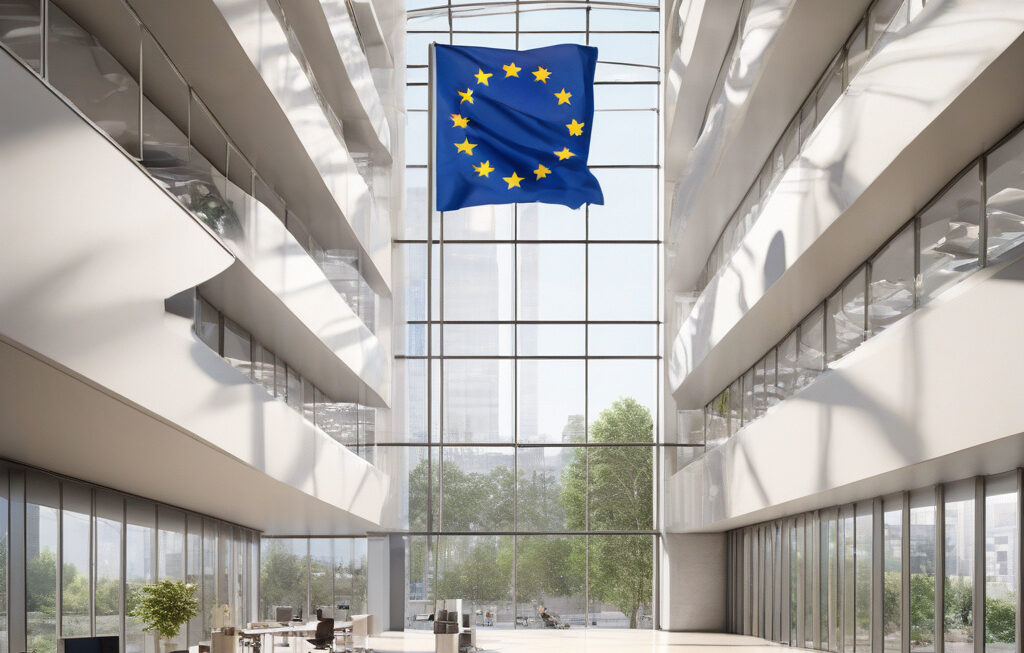Trump Pauses TikTok Ban: Legal and Political Tensions Rise
In a move that has sparked both relief and concern, President Trump recently announced a pause on the ban of TikTok in the United States. This decision comes amidst escalating legal and political tensions surrounding the popular social media platform, with service providers now facing unprecedented liability risks.
The proposed ban on TikTok, originally set to take effect in September 2020, sought to address national security concerns related to the Chinese-owned app’s handling of user data. However, the situation took a complex turn as TikTok actively pursued legal action against the ban, arguing that it violated their rights and lacked substantial evidence to support the claims made by the Trump administration.
The legal battle that ensued raised significant questions about the extent of governmental authority in regulating social media platforms and the responsibilities of service providers in safeguarding user data. Service providers, caught in the crossfire between political interests and legal obligations, now find themselves at the forefront of a contentious debate with far-reaching implications.
The decision to pause the ban reflects the complexity of balancing national security interests with legal considerations and the rights of private companies. It underscores the need for a nuanced approach to addressing security concerns without infringing upon the legal rights of businesses operating within the United States.
The legal risks faced by service providers in light of the TikTok ban highlight the evolving landscape of regulatory challenges in the digital age. As technology continues to outpace existing regulations, companies must navigate a complex web of legal requirements to ensure compliance while remaining competitive in the global marketplace.
Moreover, the political tensions surrounding the TikTok ban raise important questions about the role of social media in shaping public discourse and influencing government policies. The intersection of technology, national security, and free speech rights has become a battleground for competing interests, with service providers serving as key players in this ongoing debate.
Moving forward, the resolution of the TikTok ban will set a precedent for how similar issues are addressed in the future, impacting not only the tech industry but also broader discussions about privacy, security, and the limits of governmental authority. Service providers must stay vigilant and proactive in understanding and mitigating the legal risks associated with operating in a rapidly changing regulatory environment.
In conclusion, the decision to pause the TikTok ban highlights the complex interplay between legal, political, and technological factors shaping the digital landscape. Service providers, facing unprecedented liability risks, must navigate these challenges with a keen awareness of their legal obligations and the broader implications of regulatory decisions. As the situation continues to unfold, all eyes are on how the legal and political tensions surrounding TikTok will be resolved, shaping future discussions on technology regulation and national security.
TikTok, Trump, Legal, Political, Service Providers












